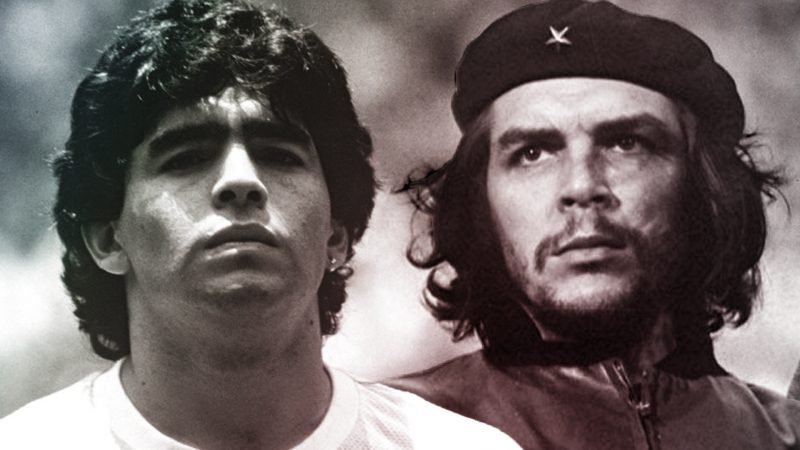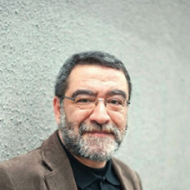The history of modern football is the history of centuries-old clubs, giant companies, fat-cat managers, legendary coaches, hundreds of thousands of fans, shocking stories of success and failure and, above all, “icons”. The fact that this game, which is based on the working class, has transformed into an industry dominated by millions of dollars in such a short time reveals the degree to which the wheels of the game’s history are turned by superheroes and gods.
Diego Armando Maradona was born in a one-room slum in Villa Fiorito, Buenos Aires’ poorest neighborhood in 1960, destined to become a unique football icon. He climbed the steps one by one, and his dream came true when he moved his family to an apartment. When he started to get all the money he could ever imagine, he also started to wander in a nightmare. When he replied to those who described himself as “New Pele” when he was 17, he said “I just want to be Maradona”. Whether or not he had intended to imply he would refuse Pele’s compromises with the dirty football industry; from the very beginning, he reflected his own impregnable and rebellious personality on the field.
FIFA’S GANGSTERS IN NECKTIES
Football fans of the 1970s, 1980s and 1990s recognized many extraordinary and respected football players, from Cruyff to Breitner, from Gullit to Cantona. Maradona, on the other hand, had a very different adventure in comparison with others, setting himself apart with his unique triumphs as well as his to his millions of fans.
In Mexico’s 1986 World Cup, his rebellion against playing the matches in the midday heat for the European television audience was enough to gain the hatred of the gangsters in cravats in the football world, that is, the FIFA bureaucrats. He asked a simple question due to the fact that the television companies decided when the matches would be played: “Why are the rules of international business law not applied in football?”, when FIFA President Joao Havelange said, “The job of football players is not talking, but running”, a mutual hate relationship launched. In 1994, when he wanted to establish an international football union with footballers such as Stoickov, Bebeto, Laudrup, Francescoli, and Hugo Sanchez, Maradona was blotted out and he was expelled from the 1994 world cup held in the States with a scandalous decision on the grounds that he was taking doping drugs.
THE REASON FOR NOT BEING FORGIVEN
The media stopped at nothing to turn the “Rebellious Maradona”, who was Fidel Castro’s close friend, who had a Che Guevera tattoo on his left leg, and who cursed the US operations in South America, into a circus monkey. Eduardo Galeano, the best example of the relationship between football and literature, goes in his book “Football in Sun and Shadow”: “The journalists who once kept chasing him with microphones now criticized him for being arrogant and angry and for talking too much. They might have been right, but that was not why Maradona was not forgiven: the main reason was rather what he was saying. This hot, short-legged footballer had a habit of criticizing those above him. Though he was not the only rebellious football player, his voice was the only voice that resonated internationally with questions unbearable to those in power. “
Maradona, who literally had a church in his name was treated as a divinity, the subject of numerous books and documentaries, made miracles with the ball at his feet, gaining immortality in the game’s history. As Galeano said: ‘This man will always be remembered as one of the rare figures who enlivened this cold and tasteless football of the end of the century that made it necessary to win with his beautiful game.’
There are those who say that he is a Football God, and they are not wrong… But his greatest achievement was to steal the football fire from the gods. Goodbye, Maradona.









Leave a Reply